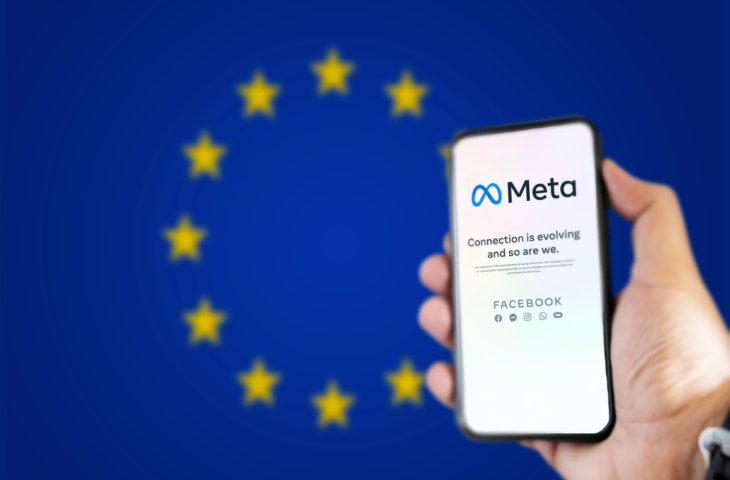After an initial investigation, the European Commission found that Meta’s “Pay or Accept” model contradicts the DMA. The Zuckerberg team faces an antitrust fine.
Following a preliminary investigation, the European Commission finds that Meta’s current advertising model does not comply with the EU Directive Digital Markets Act (DMA). The DMA was intended to give users the choice of what data they want to share with Meta and for what purposes. Meta itself interpreted this requirement as an invitation to a new financial model: either you agree to everything, or you don’t share any data and pay a subscription fee.
Disagree, pay
So pay or agree: The Commission does not agree with this binary decision, but sees a point in paying. Meta faces a fine of up to ten percent of its annual global turnover, i.e. more than 125 billion euros based on the figures for 2023.
Europe launched an investigation into the practices of Meta, Apple and Google in March. This led to a formal complaint against Apple last week. It is not surprising that the investigation has also led to a formal complaint against Meta in light of the allegations.
Due to the impact of its platforms, Meta has been appointed a gatekeeper by the EU and in this capacity must comply with all kinds of provisions of the DMA. According to the European Commission, Meta’s solution, which requires you to share data or purchase that sharing, does not comply with Article 5(2) of the DMA.
One directly behind a paywall
The Commission notes that Meta’s approach
- does not give users the option to choose a service that uses less personal data but otherwise equivalent to the service based on personalized advertising;
- does not allow users to exercise their right to free consent to combine your personal data practice.
The DMA requires Meta to provide users with access to an equivalent service even if they choose to share less personal data, for example for advertising purposes. Meta should not hide this obligation behind a paywall as a paid option.
The conclusion of the preliminary investigation is not final. It is now up to Meta to defend itself. The European Commission will then examine this defense and take a decision in principle before the end of March 2025. The EU says the Commission is in a constructive dialogue with Meta to achieve real compliance with the DMA rules.














